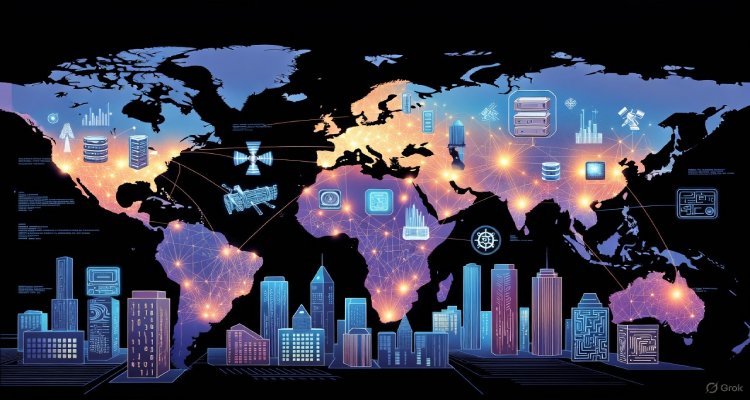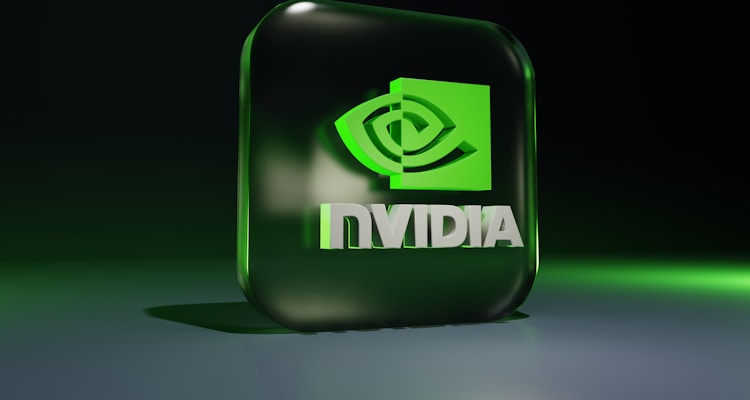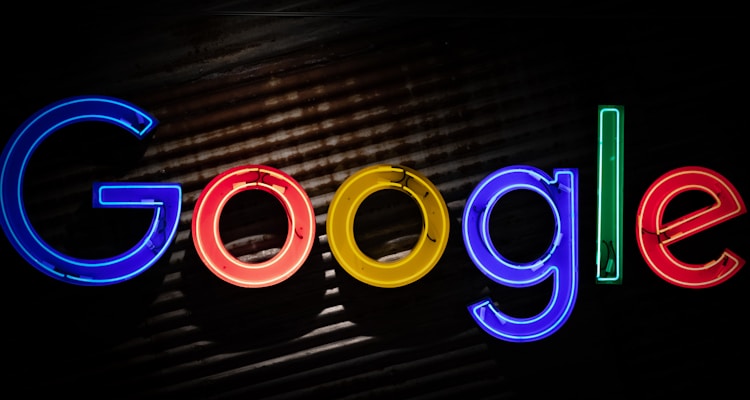How Digital Empires Are Replacing Governments

Global tech giants are evolving into powerful digital empires, taking over roles once reserved for governments. Here’s how it’s reshaping society and democracy.
Introduction: The New Superpowers
On any given day, billions of people wake up and reach not for their local newspaper or national broadcast—but for a platform owned by one of a handful of private tech giants. These companies determine what information we see, which services we can access, how we communicate, and increasingly, how we live.
What was once the job of governments—managing public life, regulating communication, protecting infrastructure—is quietly being absorbed by global digital empires that never asked for election ballots.
And the world is rapidly reorganizing around their power.
Context & Background: A Shift Decades in the Making
For centuries, political authority was rooted in geography. Borders defined identity, governance, and rights. But over the last two decades, digital technologies have redrawn these boundaries.
Tech companies began by offering convenience. Search engines replaced libraries. Social networks replaced town squares. Cloud storage replaced physical records. But gradually, convenience evolved into dependence—and dependence turned into influence.
Today, five to seven major technology conglomerates control platforms that function like nation-states:
- Google governs the world’s information infrastructure
- Meta shapes social interaction and public discourse
- Amazon controls commerce and logistics on a global scale
- Apple regulates access to the app economy
- Microsoft anchors critical business, government, and defense software
- Tencent and Alibaba build parallel digital ecosystems across Asia
These are not just companies—they are digital territories with their own economies, rules, and citizenship.
Main Developments: When Platforms Begin Governing
1. They Write Their Own Laws
Tech companies now enforce terms of service that rival legal systems.
These rules dictate speech, behavior, access, and even punishment—content removal, account bans, algorithmic demotion—without courtrooms or due process.
For billions, these rules matter more than local laws.
2. They Control Critical Infrastructure
From cloud servers to payment systems, digital empires operate infrastructure comparable to public utilities.
A single outage at AWS, Google Cloud, or Microsoft Azure can halt hospitals, airlines, universities, banks, and government agencies.
Infrastructure sovereignty has shifted.
3. They Run Parallel Financial Systems
Apple Pay, Google Pay, UPI integrations, crypto platforms, and digital wallets process billions of transactions daily.
In some regions, private payment networks have more reach than central banks’ own systems.
4. They Influence Public Opinion at National Scale
Election cycles, social movements, and public narratives now originate within or move through digital platforms.
Content moderation decisions made in California or Singapore ripple across parliaments in Africa, Europe, and India.
5. They Are Building Entire Digital Ecosystems
Super-apps, virtual workplaces, AI agents, and cloud-based governance tools are forming new digital environments that operate like independent societies—with their own economy, identity, and norms.
Digital power is no longer symbolic. It is structural.
Expert Insight & Public Reaction
Technology scholars warn that we are stepping into a new political era—one where authority is decoupled from geography.
“Tech companies have become de facto global governments,” says Lina Armitage, a digital governance researcher at the London Institute of Sociology. “They impose rules, resolve disputes, control public infrastructure, and serve populations larger than most countries.”
Public sentiment, however, is divided:
- Supporters argue that digital platforms offer efficiency, accessibility, and innovation governments cannot match.
- Critics fear the erosion of democratic oversight, privacy, and freedom.
- Governments themselves now find they must negotiate with tech giants rather than regulate them.
In many cases, nations are not the most powerful actors in the room.
Impact & Implications: What Happens Next?
1. The Rise of Platform Citizenship
People increasingly identify by their digital ecosystems—Apple vs. Android, Meta vs. TikTok—more strongly than their national institutions.
These identities shape worldview, access, and community.
2. Tech Giants as Global Policy Makers
Digital empires already determine:
- Data privacy norms
- Online speech boundaries
- AI safety standards
- Economic access in developing markets
Their decisions create global policies without global accountability.
3. The Privatization of Rights
Freedom of speech, digital identity, and financial access can now be revoked by corporate policy instead of constitutional law.
One algorithm tweak can affect millions.
4. The Emergence of AI as a Governing Tool
As artificial intelligence becomes integral to decision-making, platforms could control not only infrastructure but prediction systems that guide public behavior—transportation, finance, healthcare, education.
Governance becomes automated.
5. The Future: Hybrid States
Experts foresee “hybrid governance,” where nations and tech empires coexist, collaborate, and compete.
In this emerging order, traditional governments will struggle to regulate corporations that transcend borders—while digital empires increasingly influence politics, security, and culture.
Conclusion: A World Rewritten
Governments once held a monopoly on authority, identity, and public life. Today, that monopoly is gone.
Digital empires—unelected, borderless, immensely powerful—now shape the systems humans rely on for communication, commerce, creativity, and connection.
The question is no longer whether these companies are replacing governments.
The real question is who will shape the rules of the next century—and whether the public will have a voice in that process.
Disclaimer :This article is for informational and analytical purposes only. It does not endorse any political viewpoint or corporate entity.










